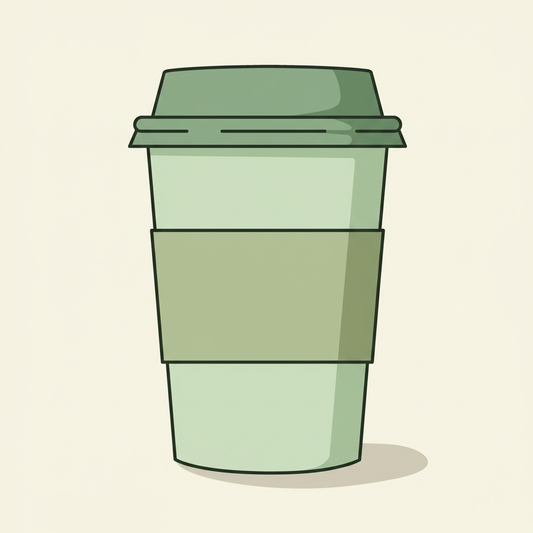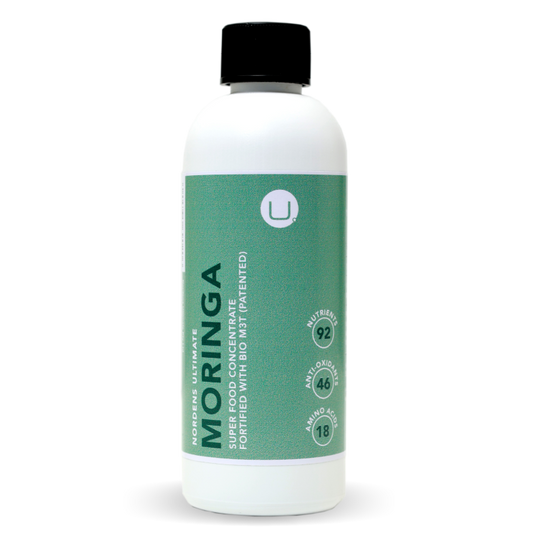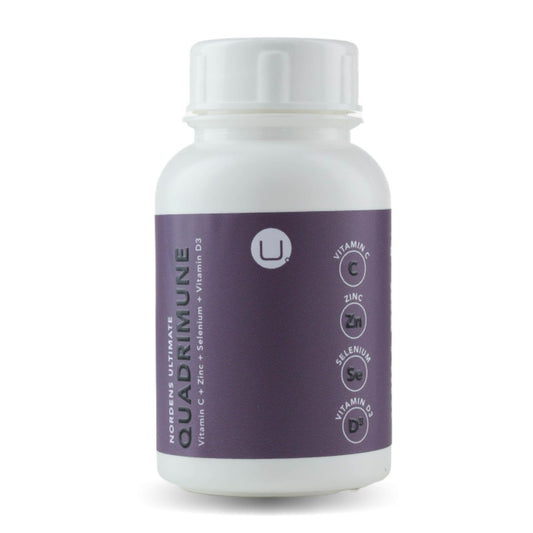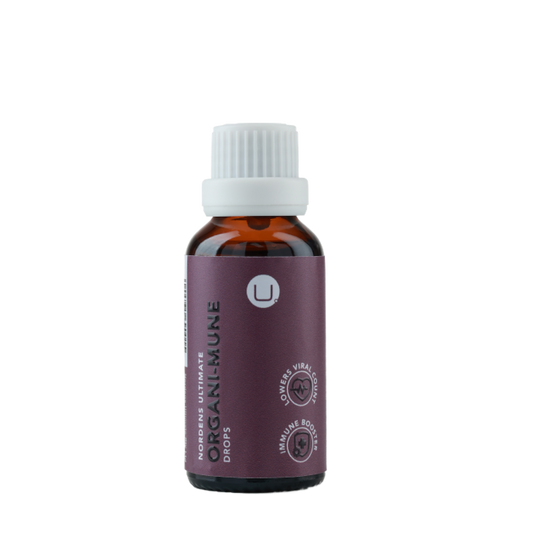“Covid hasn't finished with us yet, because it's only just getting started.” ― Anthony T. Hincks
COVID-19 Survivor Syndrome is being acknowledged as post-coronavirus symptoms persist for many. Sadly, it’s not over when it’s 'over’. Long Corona or Long COVID references chronic complications and the aftermath of what was hoped to be a temporary condition.
COVID Lines Up with Other Brushed Aside Conditions
The syndrome is rather reminiscent, if not identical to the old ‘post-viral fatigue’, now called CFS (Chronic Fatigue Syndrome), which is also known as Myalgic Encephalomyelitis (ME). Even some forms of fibromyalgia leave sufferers with a similar ‘burnt out’ feeling of ongoing exhaustion.
Sadly, because the virus these people were affected by was not always identified, many sufferers have previously been heartlessly brushed aside and told it’s ‘all in the head’. Thanks to better education, that no longer happens. Doctors take note of patients who explain that they never have any recuperation.
Another factor contributing to sufferers being brushed aside is the fact that in some people, existing systemic response to a virus may lie dormant within the body till trauma or another illness triggers it. It then comes to light out of sequence, with no apparent logical connection which has caused professionals to doubt what their patients are saying.
Some viruses are more likely to cause post-viral symptoms than others, such as rubella and HIV, to which COVID-19 can now be added. With all the evidence of post-viral syndrome piling up in the wake of the pandemic, the issue can no longer be ignored.

Whether you are a COVID-19 survivor or not, chances are you know someone who is. Bear in mind too that the aftereffects are occurring whether or not a person’s case of coronavirus was severe or not.
What does Long Covid mean?
The term ‘Long Covid’ seems to have stuck over the ‘long-haulers, ‘long-tailers’, CCS - Chronic COVID Syndrome, and even the eloquent PASC - Post-Acute Sequelae of SARS-CoV-2 infection labels. Long-term, post-acute sequelae or consequences of infection is now an undeniable pathological reality. The National Institute of Health, along with universities and researchers the world over are being flooded with data on the many and varied ongoing symptoms manifesting in COVID survivors.
These descriptions inform us that coronavirus survivors, in varying degrees of severity, do not feel over the virus at all.
What does Long Covid Feel Like?
It’s not a one-size-fits-all, which understandably will quadruple both the treatment load and the skill level of caregivers of all kinds. While there may be general categories, it seems that just as the pandemic affected different people in different ways for various explainable reasons, so its aftermath, Long Covid, manifests in various ways, often exacerbating previous health conditions.
For some, fever, muscle weakness, shortness of breath and other respiratory abnormalities, gastrointestinal issues, headaches, flu-like symptoms, persistent coughing, swollen lymph nodes, body aches, and pains, and non-restorative sleep hamper their daily lives for months and months after surviving COVID-19.
The virus is a systemic disease to start with, meaning that there is an impact felt in more than one or even all the body systems. On the weakness and fatigue front, researchers have commented that metabolic function, affected by systemic inflammation, hampers energy output.
For others, notwithstanding physical manifestations as well, are also experiencing anxiety, sleep disorders, depression, and the ‘brain fog’ long familiar to chronic fatigue and Hashimoto’s sufferers. They fancy calling it ‘Covid brain’ now, but it references the same foggy thinking and brain tiredness. It presents as an inability to focus or assimilate information and sometimes headaches, memory loss, and confusion.
Neurological Consequences of COVID-like Flu
Alongside the more recognizable physical manifestations of Long Covid, described above, the psychoneurological effects in the form of cognitive difficulties are becoming more and more noticeable.
One of the ways that our immune system and brain communicate is via the trigeminal and vagal nerves and the parts of the brain responsible for emotion and behaviour. It is thought the blood-brain barrier becomes more permeable with stress and inflammatory states.
Another speculative prognosis involves the gut-brain axis, resulting in the intestinal disturbances experienced in COVID-19 survivors.
Caregiving in for the Long Haul
It doesn’t take much speculation for those in the know to see that the emerging psychoneuroimmunology aspects visited upon COVID’s survivors will require critical and effective management long before the virus has run its course.
While still in the throes of warding off second and third coronavirus waves and the race to vaccinate, a significant post-COVID-19 burden is being loaded onto the already overtaxed healthcare structures. The psychological and neurological fallout of the pandemic is placing strain on families, caregivers, medical and alternative healthcare specialists.
There is understandably a call to raise awareness and begin appropriate care planning. Empathetic shout-outs by active COVID survivors themselves are being seen all over the globe as they form support groups for Long Covid sufferers.
What if you suspect you have Long Covid?
So far, the earlier the diagnosis the better the recovery, but because Long Covid is so specific in individuals, laying out a recovery recipe is fraught with difficulty. One’s own personal health care professional, who has your patient history, will be in the best position to assist.
Still, there are general ‘best practice’ principles that will powerfully contribute to the road to your recovery or that of loved ones whom you may call on to help. The NHS set out some helpful tips that revolve around self-care, dealing with feelings, family and caregivers, mobility, eating, and sleeping well.
The Fix: There are potent immune boosters that will revive your immune system. Organic formulations of Vitamin C, Zinc, CoQ10, and supplementing with a natural Vitamin D3 have evidenced good effects.
Explore the Cures & Creams online store and get yourself stocked with the natural remedies that are just right for you and your loved ones.
Subscribe and you can take advantage of running specials, reward points, referral bonus and repeat order subscription benefits.
Disclaimer: This article is for informational purposes only and does not constitute professional medical or psychological advice. Please consult with a qualified healthcare professional for personalized guidance.






